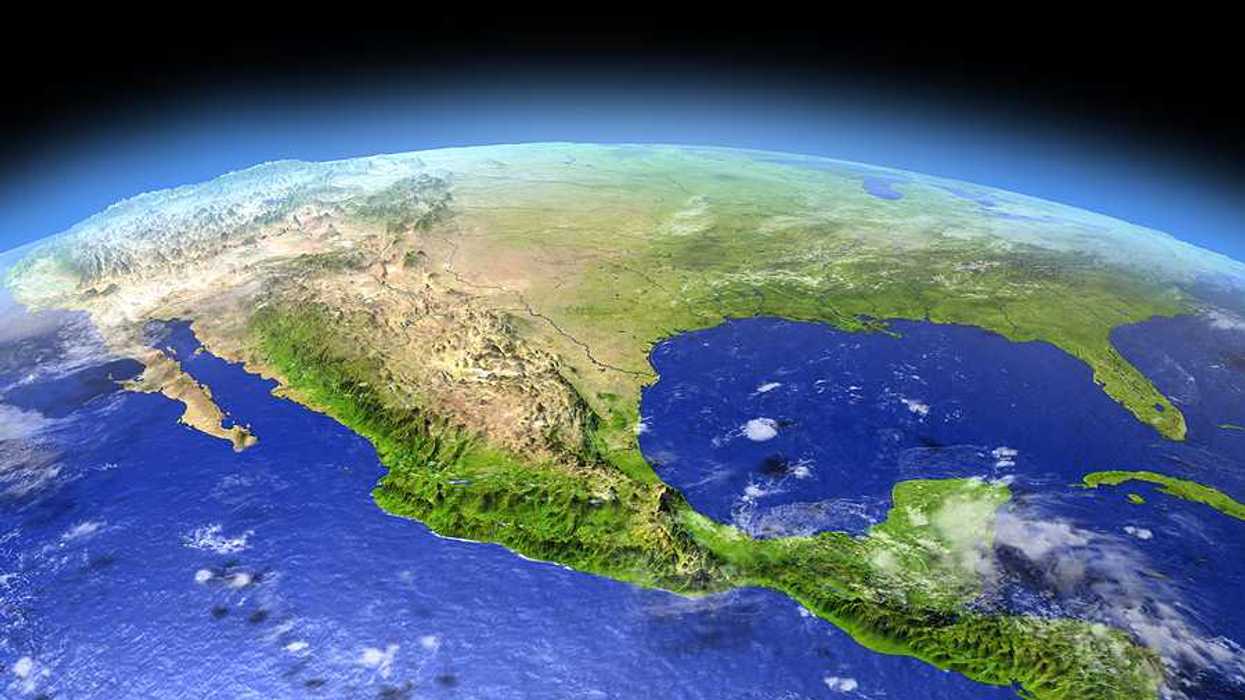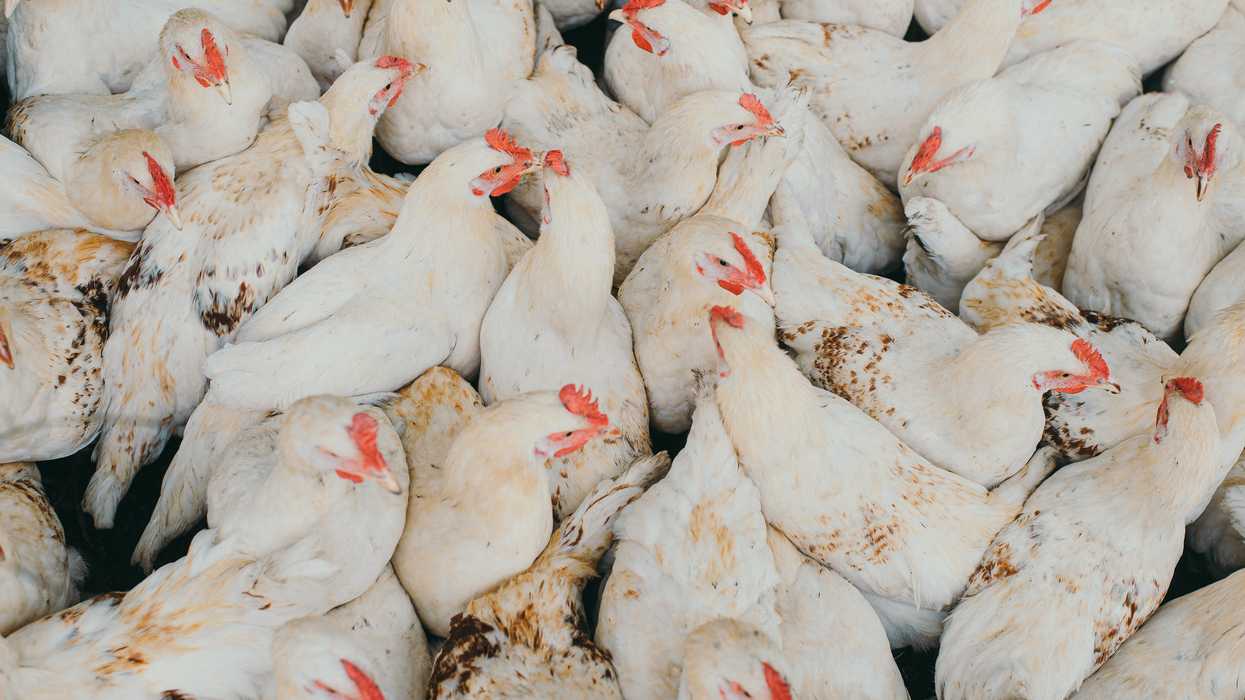A recent study published in Environmental Science & Technology found that exposure to PFAS in mothers is linked to a reduction in the nutritional quality of their breast milk.
In short:
- Exposure to PFAS was associated with changes in the levels of breast milk lipids (fat), a critical component that provides infants with energy and plays a crucial role in their overall development and health.
- The change in nutritional quality was greater in mothers whose children later developed autoimmune diseases like type 1 diabetes, celiac disease, inflammatory bowel syndrome, and hypothyroidism.
Key quote:
“Variation in the… composition of breast milk lipids has been linked with infant growth, neurocognitive development and function, inflammatory regulation and infection risk, as well as risk of metabolic and cardiovascular diseases later in life.”
Why this matters:
PFAS are used in everyday products, and exposure to them is widespread - analyses from the US National Health and Nutrition Examination Survey have found that PFAS are detectable in the blood of 97% - 100% of US individuals. It’s critical that regulators recognize the specific health impacts of PFAS in order to develop policies and interventions that effectively address the harm caused by these chemicals.
Related EHN coverage:
- Understanding how the environment affects pregnant people’s health
- PFAS chemicals on your baby’s diapers
More resources:
The Diabetes and the Environment website summarizes additional research on the role of environmental factors (including PFAS and other harmful chemicals, breastfeeding, diet, and more) in the development of type 1 diabetes and autoimmunity.
Hyötyläinen, Tuulia et al. for Environmental Science & Technology. Jan. 24, 2024
- Tests find PFAS abundant in some dental floss ›
- Unregulated toxic chemical found in breast milk for the first time ›
- Book excerpt: Detoxify - EHN ›

















